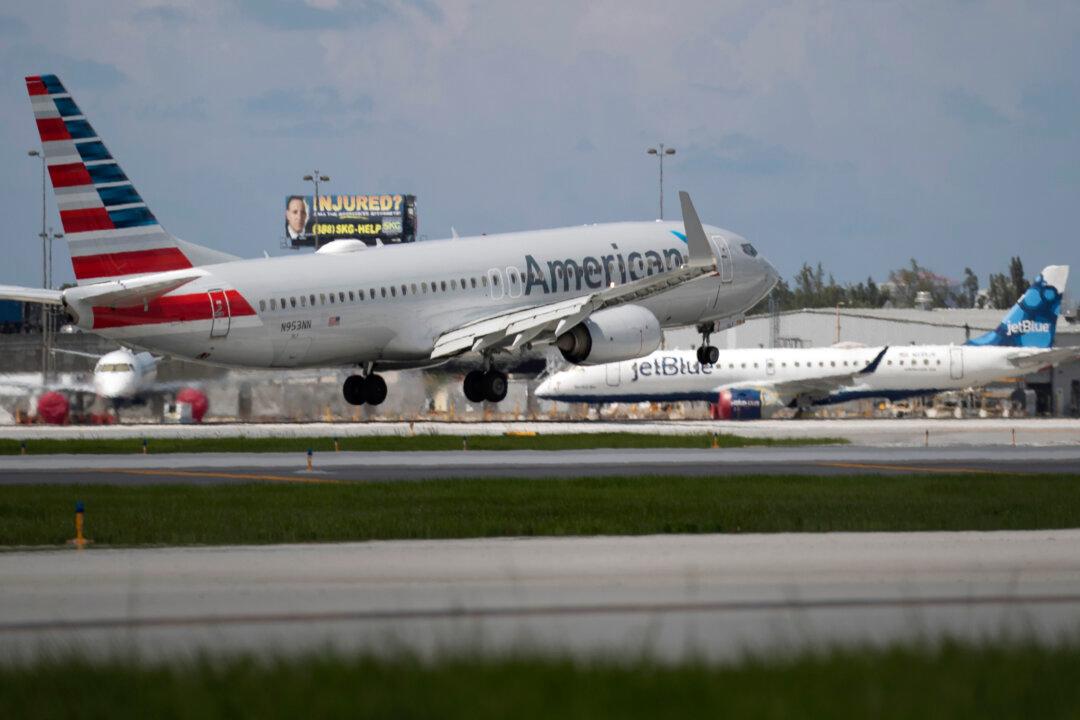American Airlines flight attendants voted to authorize union leaders to call for a strike amid contract negotiations with their carrier, the union announced on Wednesday.
According to the Association of Professional Flight Attendants (APFA), the union representing the flight attendants, 99.4 percent of workers voted in favor of giving the union power to authorize the strike if negotiations over pay raises come to a standstill. The union backed up the vote with picketing at several airports.




